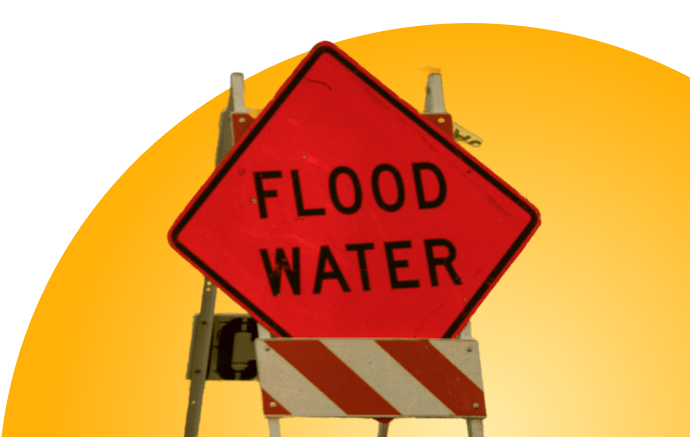Flooding Happens Everywhere
You don’t have to live near water to be at risk. Storm surges, clogged drains, and heavy rain can all cause unexpected flooding. A separate flood insurance policy ensures you’re covered where your standard homeowner’s policy likely falls short.
Many property owners are surprised to learn that floods are the most common natural disaster in the U.S., and most home insurance policies don’t cover it. Our flood insurance options offer affordable protection, even in preferred zones, with policies designed to prevent devastating out-of-pocket repair costs.
Coverage Built for Florida
Whether your property is in a designated flood zone or not, we’ll help you find the right level of protection. We offer both standard and preferred flood insurance policies backed by the National Flood Insurance Program and top-rated carriers.
Our team understands FEMA classifications and elevation certificates and we’ll guide you through every step of getting covered. You’ll receive expert help determining your flood zone status, estimating potential risk, and selecting a policy that meets both lender requirements and your peace of mind.
Important Flood Claim Resources
In the event of a flood, quick access to the right resources can make all the difference. Below are essential tools to help you take action, file a claim, and protect your property from further loss.
We recommend reviewing these documents in advance so you’re prepared long before water rises. Whether you need to understand your coverage, start a claim, or take protective steps during a storm, these resources are here to help you recover faster.
Downloadable Resources
Click-to-open links
Get a Quote Now
Get a fast, no-obligation insurance quote tailored to your needs—just fill out the form and we’ll take care of the rest.
